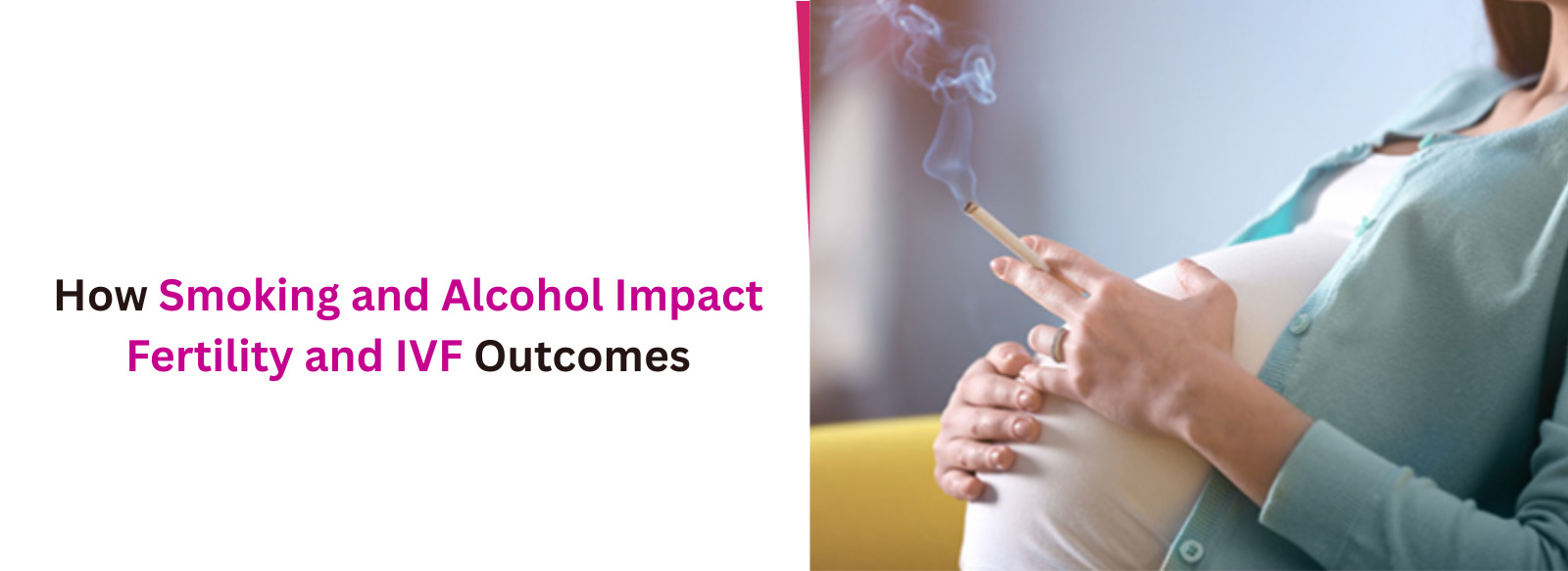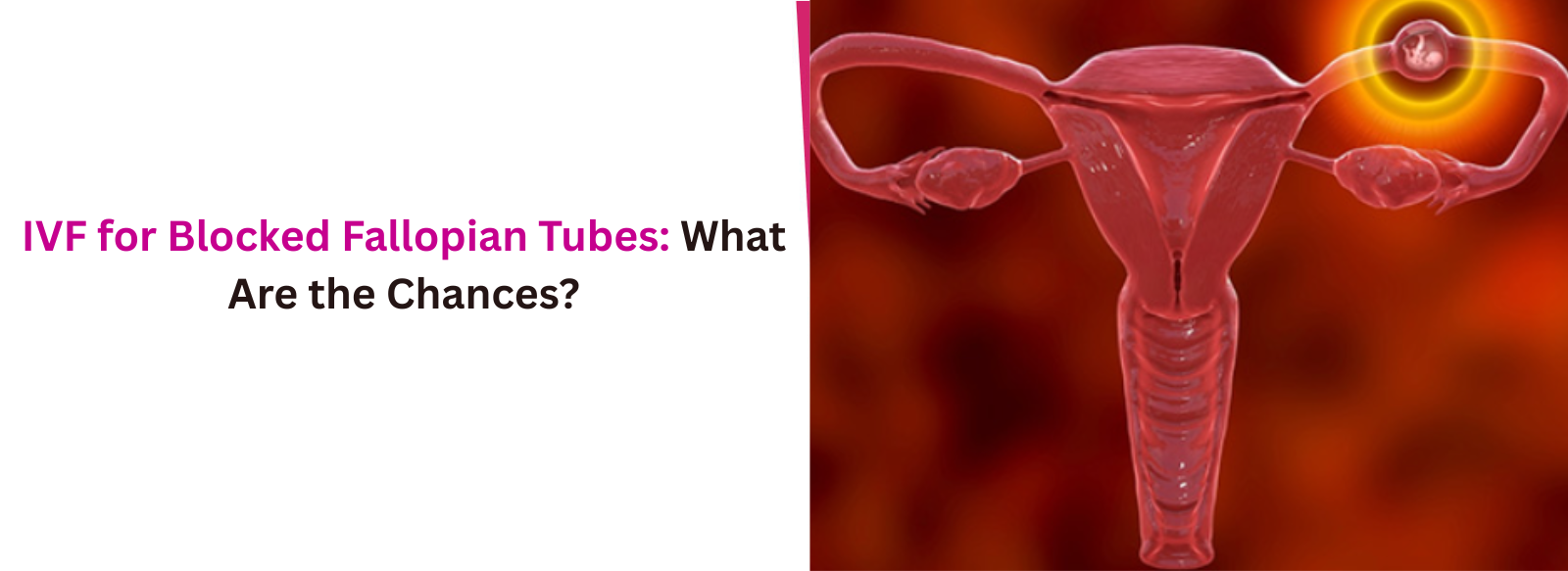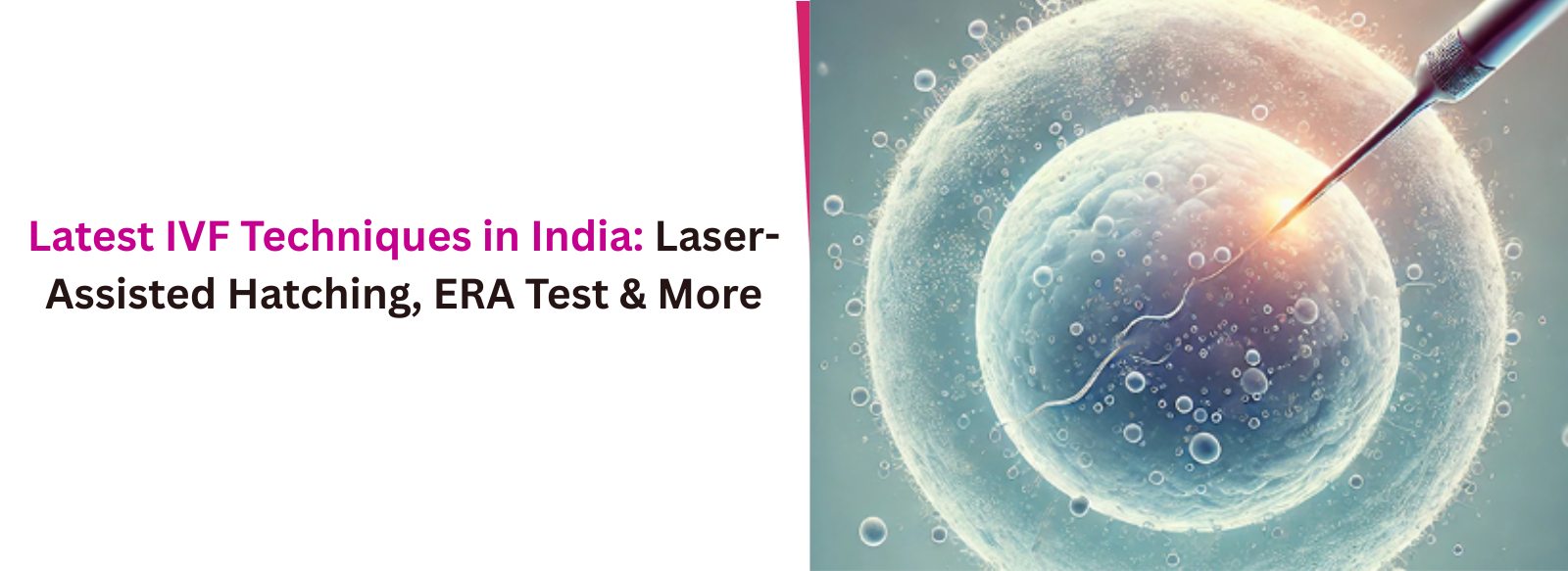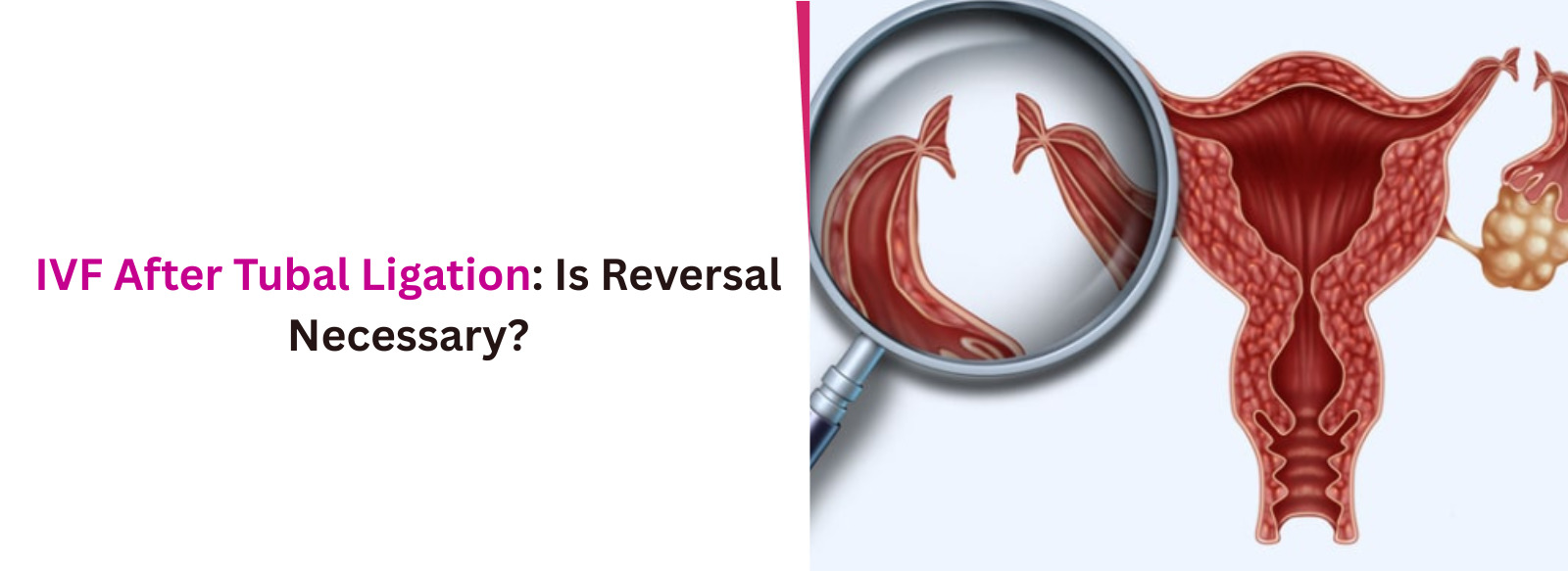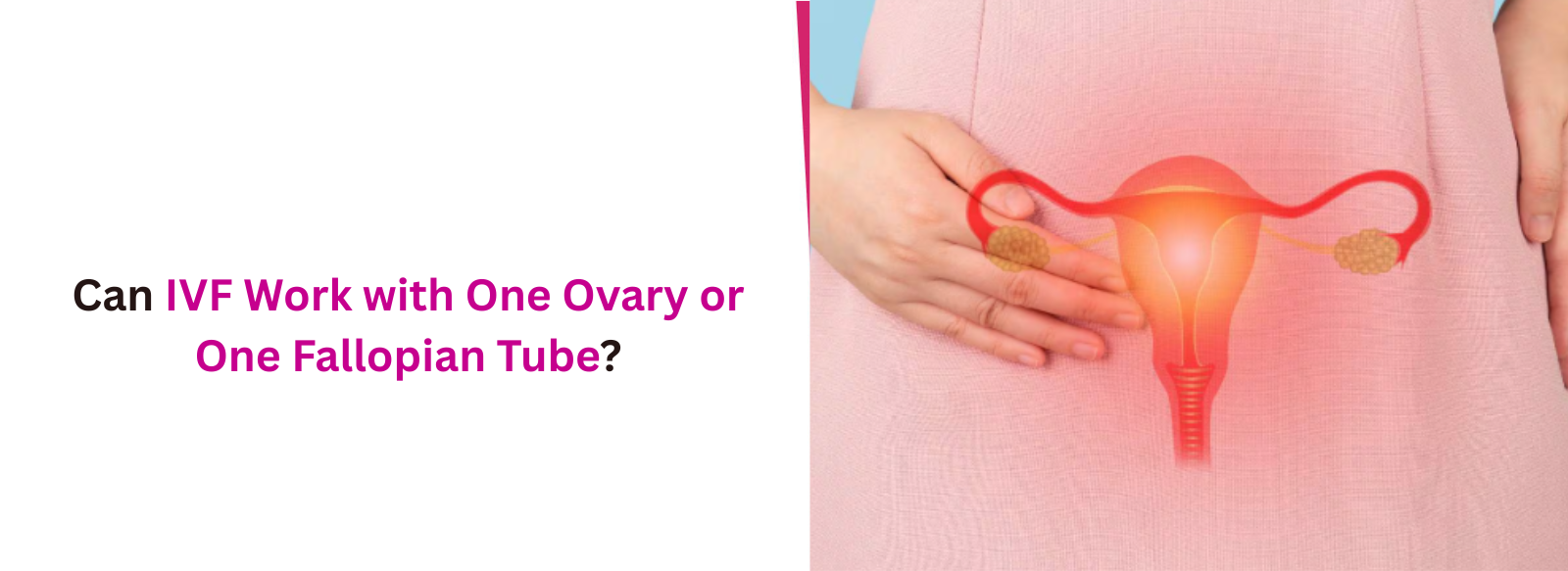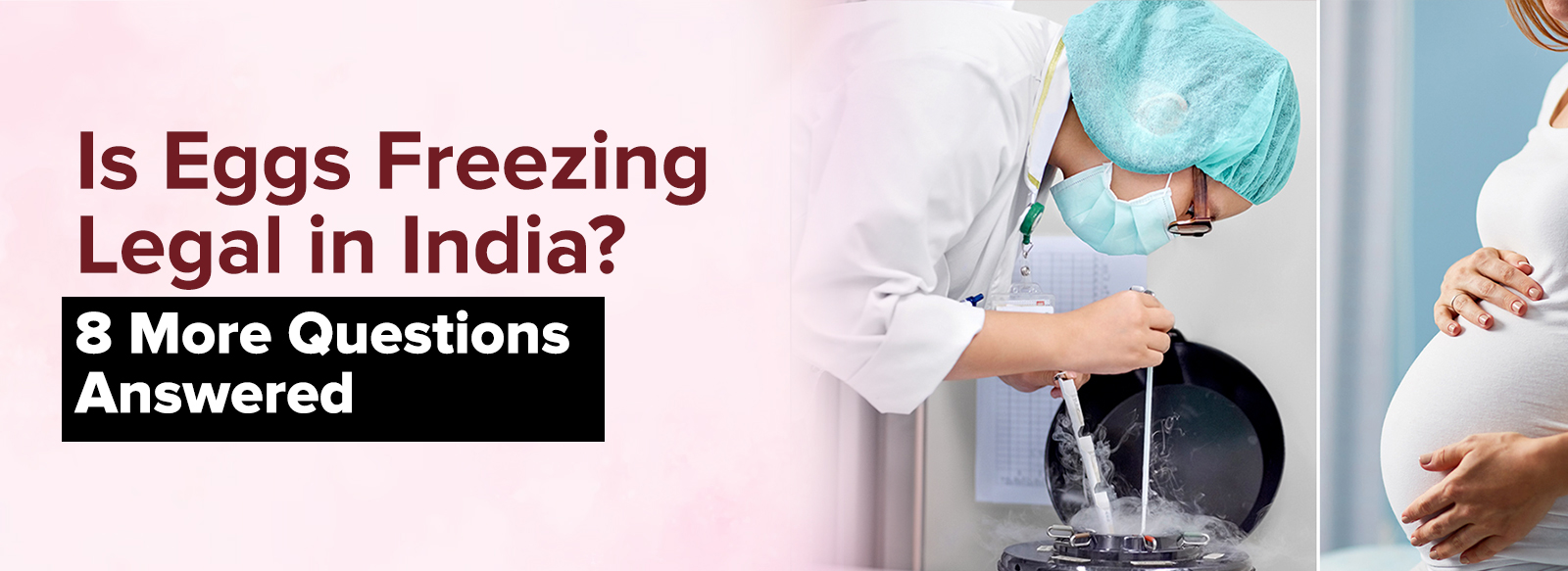
To Book an Appointment
Is Eggs Freezing Legal in India? 8 More Questions Answered
Table of Contents
▼
In recent years, egg freezing has emerged as a significant advancement in reproductive health, offering women more control over their fertility. This medical procedure, which involves preserving a woman’s eggs for future use, is gaining popularity for various reasons, including career planning, medical treatments, and personal circumstances. As societal norms evolve and more women prioritize their professional and personal goals, egg freezing provides a viable option to extend fertility potential beyond the natural reproductive years. Understanding the legality of freezing eggs and associated considerations is crucial for anyone contemplating this choice.

